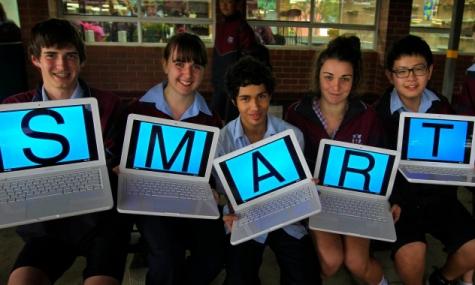One week after a Global Education Index ranked Australia 13th out of 40 countries, the Australian Council of Educational Research (ACER) has released an international study which points to even more disappointing standards in Australian education. Up to 65 countries participated in the study which measures Year 4 reading proficiency as well as Year 4 and Year 8 mathematics and science ability.
Professor Geoff Masters, CEO of ACER said "To say the results are disappointing is an understatement."
Children from 26 countries were better than Australian children in Year 4 reading, 21 countries were better in Year 4 science and 17 countries in Year 4 maths. By the time students reached Year 8, they improved in maths and science with 10 performing better in maths and 11 in science.
The international study showed that Year 4 students in Australia have substantial literacy problems with around one quarter of students not meeting the the minimally acceptable standard of proficiency. Within Australia, students in the ACT performed significantly better than students in every other state and territory.
Australian students performances in mathematics and science has essentially stayed the same over the past 16 years, during which a number of other countries have improved their performances.
Professor Masters said the results place the Government's goal of being a top five country by 2025 in doubt.
"We need to look carefully at what improving countries are doing to see what lessons there are for Australia."
He said the results are "concerning".
"These latest results underline the enormous challenge we face if we are to lift Australian achievement levels in reading, mathematics and science to the levels of the highest performing countries. This challenge will not be met by any single strategy, but will require a well-planned and coordinated effort on the part of governments, education systems, schools, parents and the broader community," said Professor Masters.
Other findings in the international study showed that:
- students attending schools in which principals reported no resource shortages scored significantly higher in reading and mathematics (but not science) than students attending schools where principals did report resource shortages
- more than half of the students were in schools reported as being at least "somewhat" affected by resource shortages
- only around half of the teachers teaching Year 4 science felt well-prepared for the task
- 20% of teachers teaching Year 8 maths and science felt only "somewhat" confident in doing so.
"Strong subject knowledge, as well as knowledge about how to teach subjects, is essential to teachers' abilities to address learning difficulties and to challenge and extend higher-achieving students," Professor Masters said.



















__small.png)










